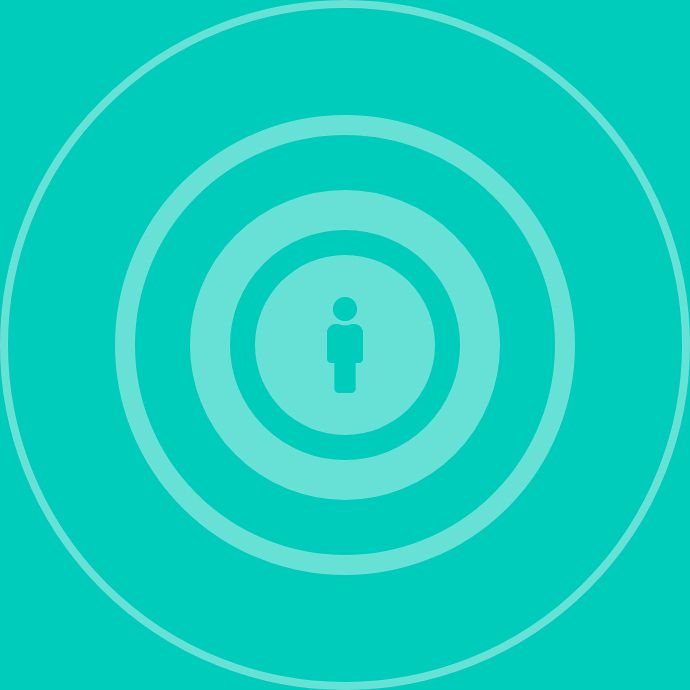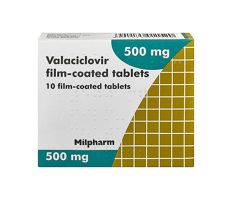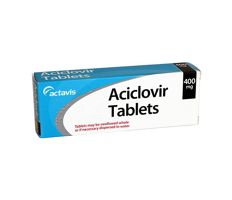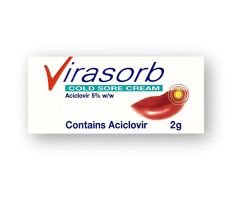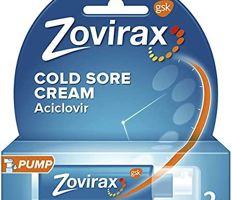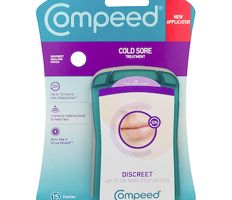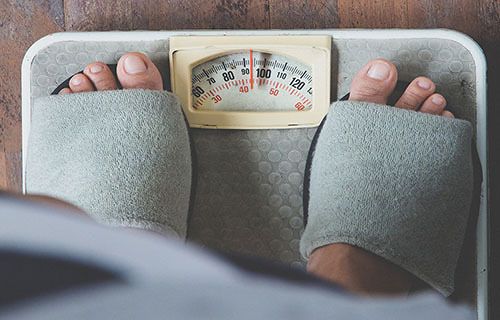
Cold sores are common and usually clear up on their own. A cold sore is caused by the herpes simplex virus (HSV) and usually starts with a tingling, itching or burning feeling.
A fluid-filled blister then forms on the lips which then bursts and crusts over. This contagious virus typically heals within 10 days but there are treatments available to help speed this up.
Order now and receive your treatment in as little as 90 minutes.*
A fluid-filled blister then forms on the lips which then bursts and crusts over. This contagious virus typically heals within 10 days but there are treatments available to help speed this up.
Order now and receive your treatment in as little as 90 minutes.*
Cold sores are small blisters that develop on the lips or around the mouth. They're caused by the herpes simplex virus and usually clear up without treatment within 7 to 10 days.
You may not have any symptoms when you first become infected with the herpes simplex virus. An outbreak of cold sores may happen some time later. Cold sores often start with a tingling, itching or burning sensation around your mouth. Small fluid-filled sores then appear, usually on the edges of your lower lip.
You may not have any symptoms when you first become infected with the herpes simplex virus. An outbreak of cold sores may happen some time later. Cold sores often start with a tingling, itching or burning sensation around your mouth. Small fluid-filled sores then appear, usually on the edges of your lower lip.
The strain of herpes simplex virus usually responsible for cold sores is known as HSV-1.
In rare cases, cold sores can also be caused by the herpes simplex virus type 2 (HSV-2). This can be the result of having oral sex with someone who has genital herpes.
In rare cases, cold sores can also be caused by the herpes simplex virus type 2 (HSV-2). This can be the result of having oral sex with someone who has genital herpes.
Cold sores are highly contagious and can be easily passed from person to person by close direct contact. After someone has contracted the virus, it remains inactive (dormant) most of the time until they are activated by certain triggers.
Cold sores are contagious from the moment you first feel tingling or other signs of a cold sore coming on to when the cold sore has completely healed.
Every so often the virus can be activated by certain triggers, resulting in an outbreak of cold sores. These triggers vary from person to person, but can include sunlight, fatigue, an injury to the affected area, and, in women, their period.
Cold sores usually clear up by themselves without treatment within 7 to 10 days. However, antiviral creams are available over the counter from pharmacies without a prescription. If used correctly, these can help ease your symptoms and speed up the healing time.
To be effective, these treatments should be applied as soon as the first signs of a cold sore appear – when you feel a tingling, itching or burning sensation around your mouth. Using an antiviral cream after this initial period is unlikely to have much of an effect.
Cold sore patches are also available that contain hydrocolloid gel, which is an effective treatment for skin wounds. The patch is placed over the cold sore while it heals.
Antiviral tablets such as acyclovir or valcyclovir can also be provided on a free private prescription from our Click Doctor shop.
To be effective, these treatments should be applied as soon as the first signs of a cold sore appear – when you feel a tingling, itching or burning sensation around your mouth. Using an antiviral cream after this initial period is unlikely to have much of an effect.
Cold sore patches are also available that contain hydrocolloid gel, which is an effective treatment for skin wounds. The patch is placed over the cold sore while it heals.
Antiviral tablets such as acyclovir or valcyclovir can also be provided on a free private prescription from our Click Doctor shop.


